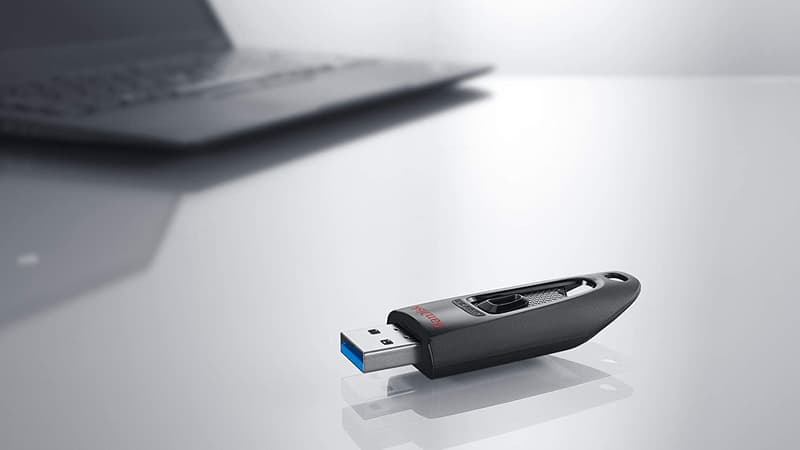It’s basic computer advice: it is strongly discouraged to connect unknown USB keys to your devices, especially professional ones. But in Ecuador, having your data stolen or damaging your system are not the only dangers faced by those who risk it.
A journalist was injured on Monday, March 20, after inserting a USB key received in a letter into a computer, AFP reported, according to information from Guayaquil-based private regional television channel TV Ecuavisa, for which the victim worked.
used rdx
The device exploded in the newsroom, superficially injuring journalist Lenin Artieda in the hand and face, according to the head of the criminal police, Xavier Changó. According to him, the explosive used could be “RDX”, “a military type explosive”.
Also called T4, RDX “can be used alone as a base charge for detonators or mixed with other explosives, such as TNT,” according to the US Environmental Protection Agency. This explosive comes in the form of capsules about a centimeter long, but only half were activated on the hard drive that Artieda plugged in, which would have partially kept it.
The explosion caused no further injuries or material damage, but letters containing explosives were sent to journalists from four other Ecuadorian media outlets. One of these envelopes was intercepted by the police before reaching its destination, indicated the Minister of the Interior, Juan Zapata, who specified that “the detonating capsule is indeed the same in all five places.”
This is an “absolutely clear message aimed at silencing journalists,” the minister further stated. The prosecution has opened an investigation for terrorism. The organization for freedom of the press Fundamedios considers these attacks as “a new escalation of violence against the press: worrying, unacceptable, in violation of freedom of expression and that requires the immediate intervention of the State.”
Context of insecurity
In a press release, the Government expresses its solidarity, rejecting “categorically all kinds of violent acts” and “attempts to intimidate journalists and the media.”
Last year in Ecuador, the national channel RTS had been the target of shots. Plagued by drug trafficking, the port of Guayaquil, Ecuador’s second city, is now one of the most violent areas in the country. Gangs and criminal groups, some of which are linked to Mexican cartels, are fighting for control of drug trafficking routes.
Located between Colombia and Peru, the largest cocaine producers in the world, Ecuador has gone from being a mere transit country to being a major distribution center to Europe and the United States. Drug seizures continue to rise and the rate of violent deaths has dropped from 14 per 100,000 inhabitants in 2021 to 25 in 2022.
If the use of such a process to silence journalists is unprecedented, such objects are nothing new: in 2021, a subsidiary of the Russian conglomerate Rostec, Technodynamika, had already unveiled a prototype of a self-destructing USB key.
Source: BFM TV


